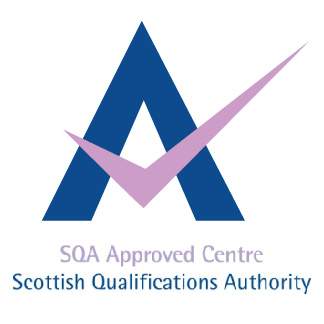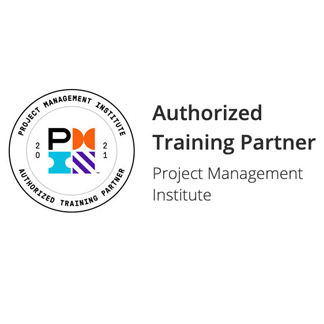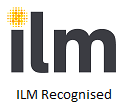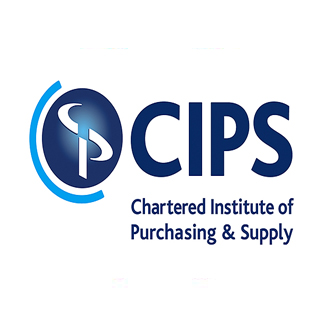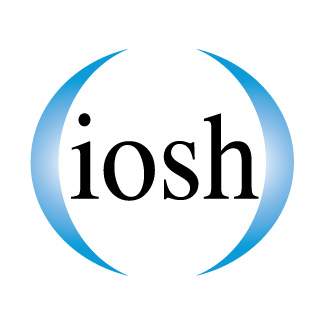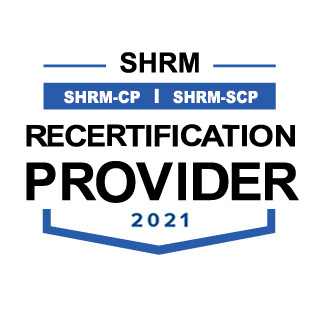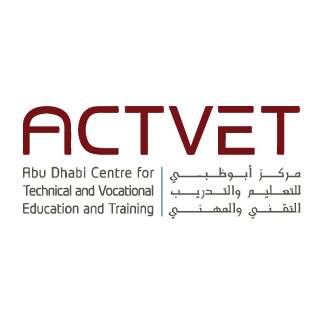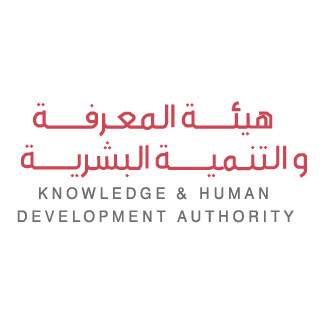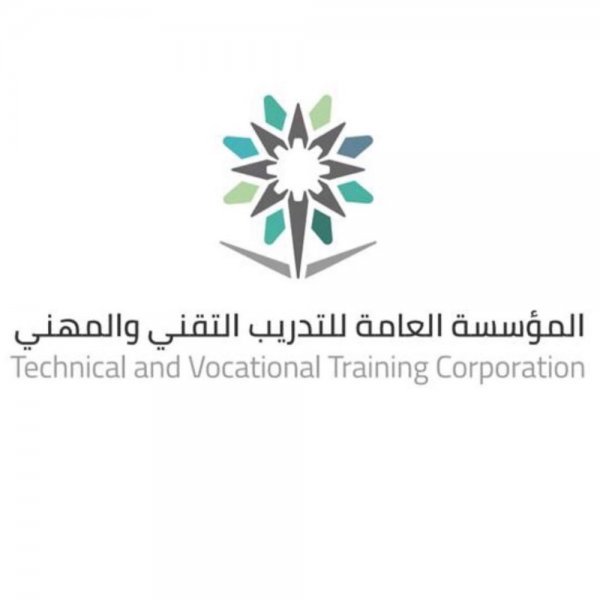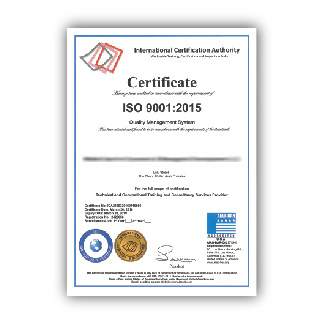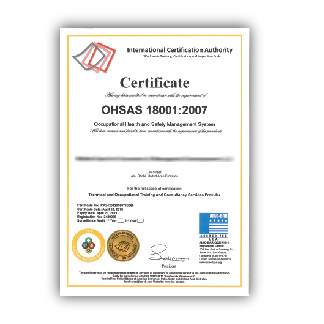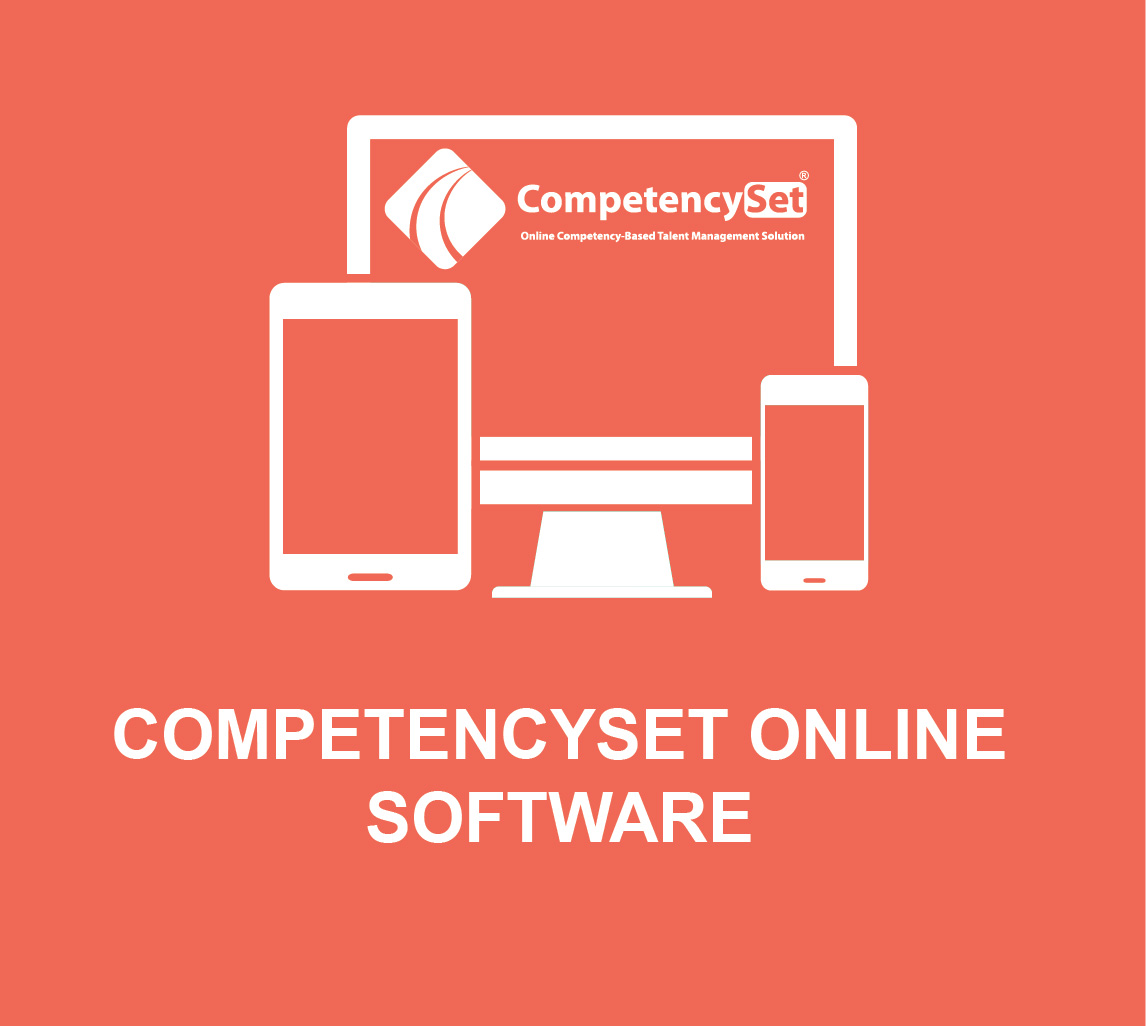Certificate in Electronic Document & Records Management (EDRM)
| Start Date | End Date | Venue | Fees (US $) | ||
|---|---|---|---|---|---|
| Certificate in Electronic Document & Records Management (EDRM) | 23 Nov 2025 | 27 Nov 2025 | Istanbul, Turkey | $ 4,500 | Register |

Certificate in Electronic Document & Records Management (EDRM)
| Start Date | End Date | Venue | Fees (US $) | |
|---|---|---|---|---|
| Certificate in Electronic Document & Records Management (EDRM) | 23 Nov 2025 | 27 Nov 2025 | Istanbul, Turkey | $ 4,500 |
Introduction
Many organizations have embarked on implementing EDRM systems, with varying degrees of success. The Advanced Electronic Document & Records Management (EDRM) course is a must for anyone who has a basic understanding of document and records management and who needs to gain a deeper understanding of some of the techniques and steps involved in designing, implementing, and running a document and records management solution, to meet defined business objectives. This course will provide an in-depth analysis of the key issues and challenges facing those responsible for records and information management in the current business environment. Real-world case studies will be used to illustrate key points for delivering a successful EDRM project which can generate significant business benefits and cost savings. In addition, there will be plenty of opportunities during this course for interaction and discussion, in order to assist delegates in determining the potential pitfalls when implementing EDRM systems, and how to avoid them, through a detailed understanding of all the implications.
Objectives
- Discover how to apply a corporate-wide EDRM solution to address your specific business issues
- Understand the legal environment and responsibilities that surround records management
- Define the purpose behind document control and identify the goals for the document control processes and/or systems
- Define the purpose behind their records management program and identify deliverable goals for the organization
- Discover how to recognize both internal and external rules relating to document control and follow them in order to provide low risk and compliant processes
- Discover how to recognize risks and information management issues within the organization and understand how to bridge the gaps to provide low risk and compliant processes
- Develop different methods and processes using new and existing technology for managing document control data and information to help with change and understanding of the new ways of working
- Deliver document control and records management through education and learning among colleagues in order to achieve their organizations’ goals
- Make informed decisions relating to electronic records and advise your organization accordingly
- Use the "Designing and Implementing Recordkeeping Systems" (DIRKS) methodology in accordance with ISO 15489 (records management standard)
- Determine how to identify measurable benefits of EDRM and map these to actual project deliverables that are necessary to deliver a successful project
- Learn how the various technology components of an EDRM system interact to provide an overall business solution
THIS PROGRAM’S ATTENDEES WILL BE MORE ABLE TO:
Training Methodology
This is an interactive course. There will be open question and answer sessions, regular group exercises and activities, videos, case studies, and presentations on best practices. Participants will have the opportunity to share with the facilitator and other participants what works well and not so well for them, as well as work on issues from their own organizations. The online course is conducted online using MS-Teams/ClickMeeting.
Who Should Attend?
This course is designed for: those who are responsible for managing documents and records; those involved in planning, developing, and implementing an EDRM solution; and those wishing to learn more about how to plan, implement and operate a document and records management solution. In addition, anyone wishing to increase their level of understanding and expertise in document and records management will greatly benefit from this course.
This course will also be valuable for:
- Records Managers
- Information Managers
- Knowledge Managers
- Document Controllers/Managers
- Archive Managers
- Information Security Managers
- Operations Managers
- Compliance Officers/Managers
- Librarians
- IT staff responsible for records management
- Departmental managers responsible for records management
- Administrators who are developing records management systems
Course Outline
Document Control Introduction and Definition – Purpose and goals
- San Bruno case study
- Definition of document control
- Document control in different types of organizations
- The reasons you need to control documents
- The goals you have for your document control process
Document Control Discovery – Risks and Rules
- The types of documents you control
- Documents coming from vendors and suppliers
- Rules, regulations, and risks
- Standards and specifications
Document Control Development – Processes, Policies and Retention
- Processes and systems to control documents
- Managing conflict with enterprise business policies
- The length of time you need to keep documents, data, and information
Document Control Delivery – Educating for the Future
- Educating your co-workers and helping them understand document control
- Audit and compliance
- What the future holds
Records Management Definition – Purpose and goals
- Definition of records management
- Where it fits within the information governance framework
- Enterprise goals for managing data and information
- Matching goals to purpose and business strategy
Records Management Discovery – Risks and Rules
- What you have and why you have it
- How information is used in the organization
- Identifying the risks
Records Management Development – Principles and Policies
- Managing digital data and information with paper records
- Creating the “DReaM” team to govern the records management processes
- Accessibility, availability, and retention of information
- Protection, security, and sharing of information
Records Management Delivery – People and Educating for the Future
- Accountability – working with the business units to deliver governance
- Compliance and audit
- Technology and what the future holds


